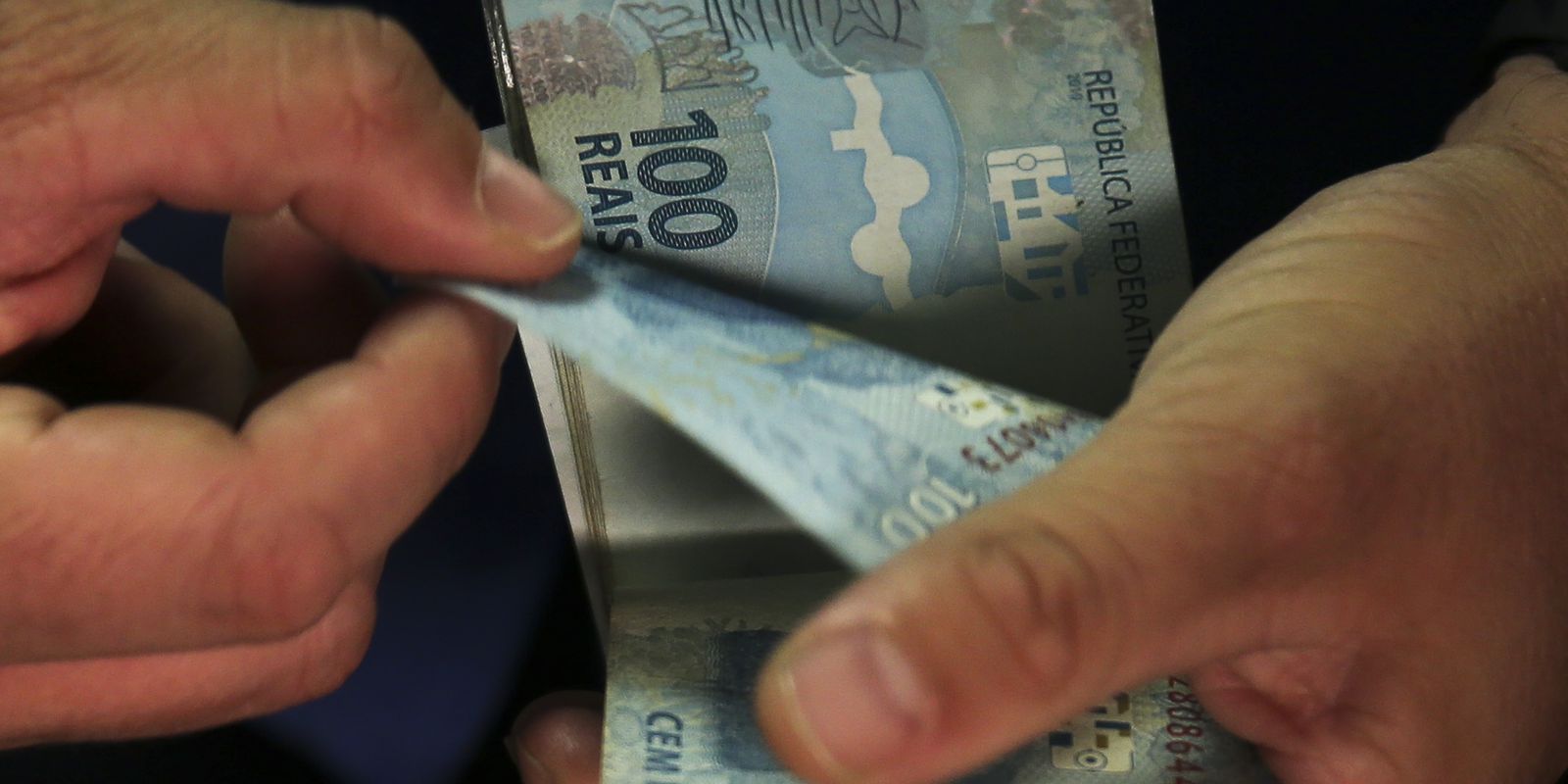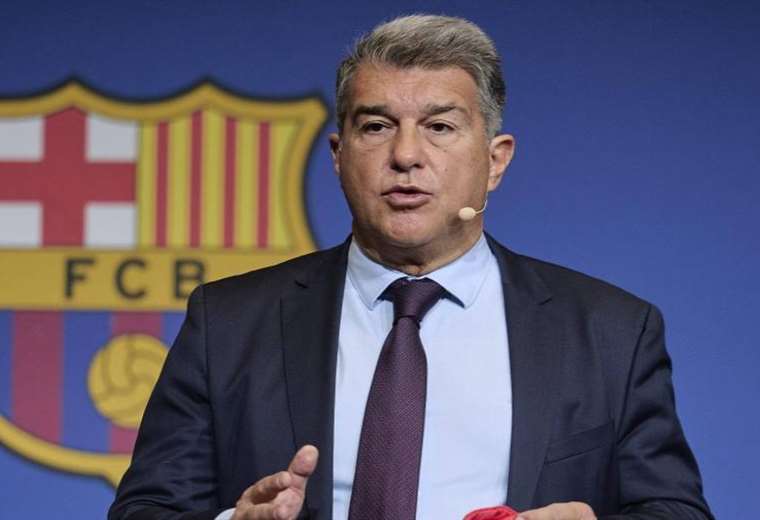The increase in profitability was insufficient to maintain interest in the country’s most traditional financial application. In 2022, Brazilians withdrew BRL 103.24 billion more than they deposited in their savings account, announced today (5) the Central Bank (BC).
The net withdrawal (withdrawals minus deposits) is the highest for a year since the beginning of the historical series, in 1995. The previous record had been registered in 2015, when account holders had withdrawn R$53.57 billion more than they had deposited in savings.
The result could have been worse had it not been for December’s performance. Last month, there was net funding, with deposits exceeding withdrawals by R$ 6.26 billion. Despite the positive result, it was the lowest net inflow for December since 2015.
In 2022, the book registered net funding only in two months: April and December. In the other months, withdrawals exceeded deposits, in a scenario of high inflation and debt. Yields once again gained from inflation due to increases in the Selic rate (the economy’s basic interest rate), but other fixed-income investments are more attractive than savings.
In 2020, savings had registered a record net inflow (deposits minus withdrawals) of BRL 166.31 billion. The instability in the public bond market at the beginning of the covid-19 pandemic and the payment of emergency aid, which was deposited in digital savings accounts at Caixa Econômica Federal, contributed to the result.
In 2021, savings had registered a net withdrawal of R$ 35.5 billion. The application was pressured by the end of emergency aid, low income and the greater indebtedness of Brazilians. The net withdrawal – the difference between withdrawals and deposits – was only greater than that recorded in 2015 (BRL 53.57 billion) and in 2016 (BRL 40.7 billion). In those years, the strong economic crisis led Brazilians to withdraw funds from the application.
Performance
Until recently, savings yielded 70% of the Selic rate (basic interest rate for the economy). Since December of last year, the application started to yield the equivalent of the reference rate (TR) plus 6.17% per annum, because the Selic was once again above 8.5% per annum. Currently, basic interest rates are at 13.75% per year, which made the financial investment stop losing to inflation for the first time in two years.
In 2022, the application yielded 7.9%, according to the Central Bank. In the same period, the National Consumer Price Index-15 (IPCA-15), which works as a preview of official inflation, reached 5.9%. The full IPCA for last year will be released next Tuesday (10) by the Brazilian Institute of Geography and Statistics (IBGE).















